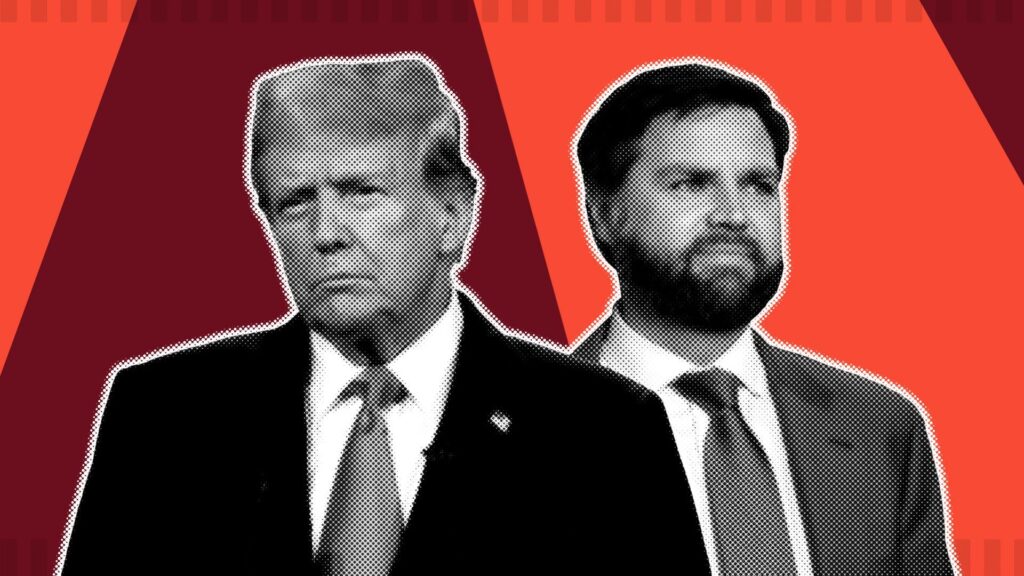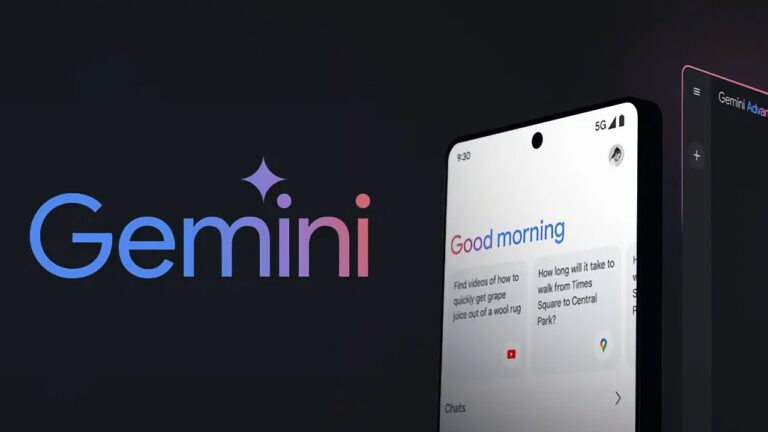
Audience
- Sentiment: Neutral
- Political Group: Republican
- Age Group: Young adults and professionals
- Gender: Male
Overview
- JD Vance advocates for an open, innovation-driven approach to AI at the summit in Paris, contrasting with European leaders’ calls for regulation.
- The summit discusses the implications of AI on global security, particularly in relation to U.S.-China tensions and the Russia-Ukraine conflict.
- Vance emphasizes the importance of education in STEM fields to prepare future generations for the challenges posed by AI.
JD Vance Takes the Global Stage at AI Summit in Paris
This week marked a significant milestone for JD Vance as he stepped onto the international stage as the newly appointed U.S. Vice President. He made his debut at a high-profile summit focused entirely on artificial intelligence (AI) held in the stunning city of Paris, a place known for its rich history, breathtaking art, and, of course, the Eiffel Tower. This prestigious gathering wasn’t just another average conference; it was a global event that brought together world leaders, tech executives, and policy makers to discuss the future of technology that is rapidly changing the world.
Artificial intelligence is a term that has been buzzing around in various discussions for years now. But what exactly is AI, and why is it so important for leaders to come together and talk about it? AI refers to computer systems that are designed to perform tasks usually requiring human intelligence. Things like understanding languages, recognizing patterns, or even driving cars! As technology advances, AI can impact everything from healthcare to finance and even our everyday lives. That’s why Vance’s participation at this summit was crucial; AI could define the future economy, security, and personal lives of billions.
As Vance took the stage, he brought with him a vision that contrasted sharply with some of the European leaders, especially French President Emmanuel Macron. Macron was advocating for a carefully regulated approach to AI within Europe, focusing on strict guidelines to ensure safety and ethical considerations. He emphasized that Europe should have a competitive strategy in AI development while calling for substantial investments in the technology sector. This perspective was understandable given Europe’s concerns about how AI can affect privacy and jobs.
In contrast, Vance championed an open, innovation-driven approach to artificial intelligence. He argued that tighter regulations could stifle creativity and slow down advancements that could benefit humanity. This is a crucial debate not just for those attending the conference but for all of us, as the outcome will shape how AI influences our lives. Imagine a future where AI helps diagnose illnesses better than doctors can, or where it assists farmers in growing more food more efficiently. To a ninth-grader, these ideas sound like something out of a science fiction novel, yet they are becoming increasingly possible as AI technology improves.
The AI summit was not just about technology; it also delved into global diplomacy. Vance made significant points about how AI can be tied to international security, especially with growing tensions between the U.S. and China. With both nations racing to lead in AI technology, conversations surrounding how AI could impact global power dynamics took center stage. The Russia-Ukraine conflict was another example discussed where AI might play a role. Vance pointed out that international collaboration in technology can lead to more secure environments. For young people today, understanding these political dimensions is as essential as grasping the technical aspects of AI.
In Paris, the atmosphere wasn’t solely filled with excitement and ambition – protests against AI development also occurred outside the summit venue. Some activists argued that the rapid development of AI technology could lead to job losses and invasion of privacy. This was a valid point and worth considering. While some might envision a future where AI takes over mundane tasks and frees us to pursue creative endeavors, others fear it might lead to significant job displacement and ethical dilemmas. It raises a practical question: How do we balance innovation with ethical considerations?
As the discussions continued, the summit’s objective was clear: establish norms and guidelines for the future of AI while exploring investment opportunities, especially in the context of European markets where many companies are lagging in competition with the U.S. and China. Vance’s emphasis on collaboration set the tone for how international partnerships can play a role in technological progress. It’s like having a scientific team where each member brings different strengths to solve a complex problem. The more we collaborate, the more innovative solutions we can create.
Furthermore, the U.S.-China rivalry specifically over AI development makes it all the more essential for other countries to find their place in the technological race. With both superpowers pushing to advance their AI capabilities, smaller countries feel the pressure to keep up. For a ninth-grader, you can think of it like being in a high-stakes competition in school where everyone wants to outdo one another. The key players want to ensure their place at the top while also being cautious of the repercussions of their actions on global stability.
As the summit wrapped up, the leaders highlighted that investing in AI is not just about money; it’s also about the people behind the technology. Vance called for increasing education around AI, promoting STEM (science, technology, engineering, and math) fields among young people to ensure future generations are well-prepared to navigate this changing landscape. He understands that today’s students are tomorrow’s leaders in this domain. Developing an interest in these fields now can prepare young minds to tackle the challenges and opportunities that AI brings in the future.
In wrapping up this discussion, it’s clear that the AI summit in Paris was an essential event, as it set the course for how countries will approach the challenges and opportunities of artificial intelligence. Through contrasting views of regulation and innovation, discussions on global security, and the need for international collaboration, JD Vance’s debut on the world stage signals an important moment for both the U.S. and global technology strategies.
So now, as you reflect on Vance’s message and the implications of AI in our world, think about this: What do you believe will be the biggest impact of AI on your life within the next decade? Will it be the way we work, learn, or even interact with the world? Let’s have a conversation about it! I invite you to share your thoughts in the comments below.






